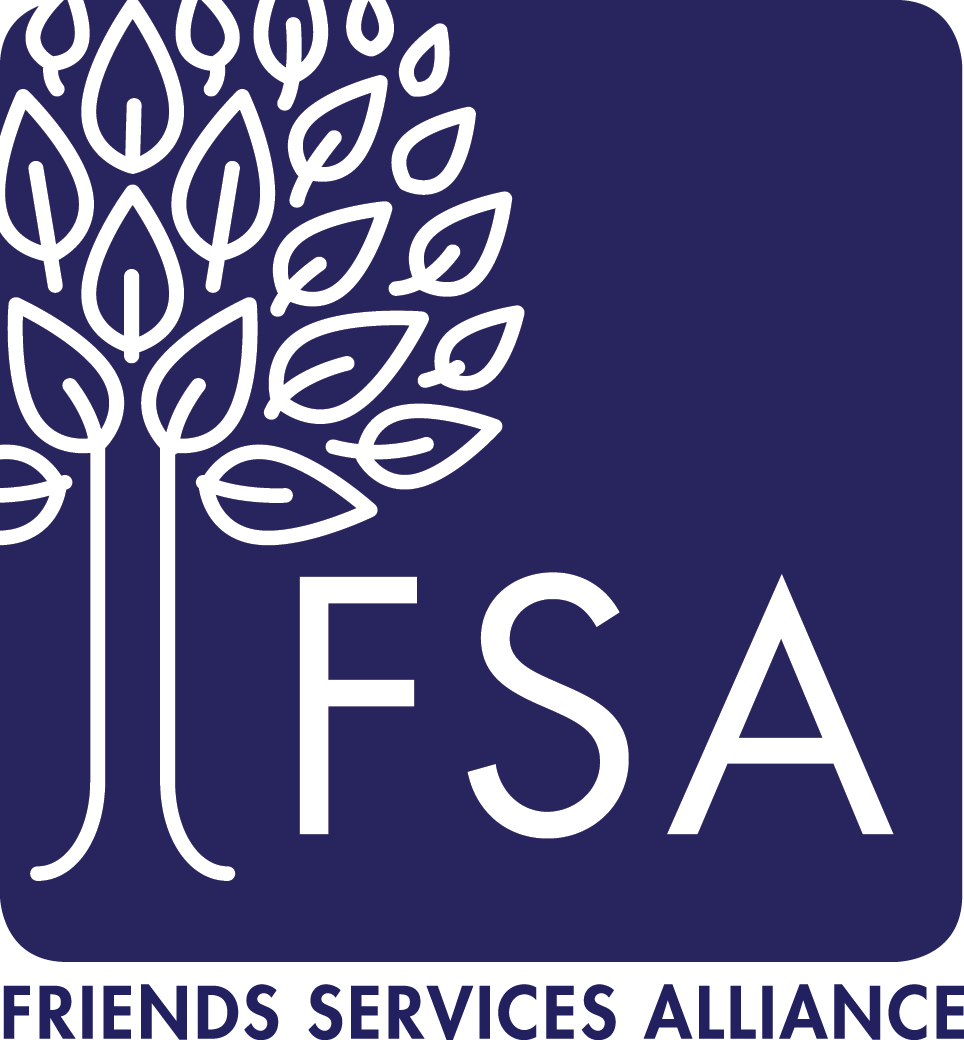Conflicts of Interest: Know the Risks
Why is it so important to manage conflicts of interest? Here are three top reasons:
Compromised decision-making.Conflicts of interest introduce the possibility that board members will make decisions that serve their own personal gains rather than the best interest of the organization. Downstream, this can directly impact the overall integrity and operational health of the CCRC.
IRS Penalties. Form 990 – the IRS tax information return for charitable organizations – asks if a written conflict of interest policy exists. It also requires the non-profit to describe procedures for disclosing and identifying conflicts, as well as how actual and potential conflicts of interest are managed. Conflicts that go unmanaged can result in significant penalties against the board member in question, as well as the organization.
Reputation Damage. Media outlets love stories about charitable organizations running afoul of conflict-of-interest guidelines. Even if no intentionally harmful consequences occur, conflicts of interest among board members can erode public trust in a CCRC.
How to Identify Conflicts of Interest
Conflicts of interest for board members tend to fall into these categories:
Financial relationships that could result in a board member acting to serve their own gains, such as:
- Having financial ties to a company that provides services or goods to the facility (e.g., medical supplies, food services)
- Real estate investments in properties that the facility is leasing or plans to purchase
Example: Paul, who sits on the CCRC board, is part owner of a transportation service company. The company submits a bid to provide services to CCRC residents.
Personal relationships that could compromise judgment, including:
- Favoring family or friends for employment, or offering higher compensation/benefits or other opportunities connected to the organization (a practice known as “nepotism”).
- Having a close relationship with a resident receiving care, which can influence decisions regarding treatment and resource allocation.
Example: The CCRC is in search of a new Executive Director. Margaret, a board member, suggests her sister-in-law for the position.
Competing professional interests, such as:
- Providing consulting services to another long-term care organization.
- Sitting on the board of another organization that could create conflicts in loyalty and decision-making.
Example: Beth, a CCRC board member, also serves on the board of nonprofit organization dedicated to promoting mental health among seniors. The state announces a grant opportunity that both organizations wish to apply for.
How Should We Deal with Conflicts of Interest?
Because CCRC board members often are selected based on their industry expertise and relationships, it’s nearly inevitable that a conflict of interest will arise from time to time. The keys to properly handling them? Disclosure, management, and documentation.
Instill a Culture of Disclosure
Emphasize that disclosure is not about remedial action or immediate dismissal from the board. Rather, disclosing conflicts helps ensure that the best interests of the organization – and residents – stay on the forefront of operations.
Identifying conflicts. Require board members to sign an annual Conflict of Interest statement that identifies any actual or potential conflicts of interest. Disclosure forms should ask:
- Where they are employed
- Other boards they serve on
- Financial interests
- What boards their spouses or other immediate family members serve on
Create a Framework for Managing Conflicts
In extreme cases, removal from the board may be the only option. Or, the individual might be required to disengage from the activity in question if they wish to remain on the board.
However, managing the conflict properly is often the best path forward, especially when the individual brings significant value to the board.
Here are some best practices:
- Maintain awareness of the conflict and monitor the situation
- Require the board member to recuse themselves from discussions and decisions that the conflict may affect
- Prohibit the board member from voting on issues affected by the conflict of interest.
Document the Conflict and Action Taken
Documentation is critical and required by the IRS. Board minutes should reflect any disclosed conflict of interest and subsequent discussion and voting related to the conflict. The process of reviewing and management of conflicts of interest also needs to be documented.
What Should a Conflict of Interest Policy Include?
Develop a policy to manage conflicts of interest. For example, FSA’s policy for our communities includes the following:
- A description of what constitutes a conflict of interest and why the policy exists;
- A statement forbidding the sharing of the organization’s data, plans, ideas, and designs – whether or not personal gain is the intention;
- Procedures for properly disclosing a conflict of interest (i.e., who should be notified);
- The requirement to seek guidance and approval through the appropriate channels before pursuing a personal or business activity that might create a conflict of interest.
Friends Services Alliance (FSA) is a national professional association of values-aligned organizations that serve seniors. Our support services include a team of Compliance experts who have supported organizations in developing and maintaining effective Compliance and Ethics Programs for more than 20 years.




